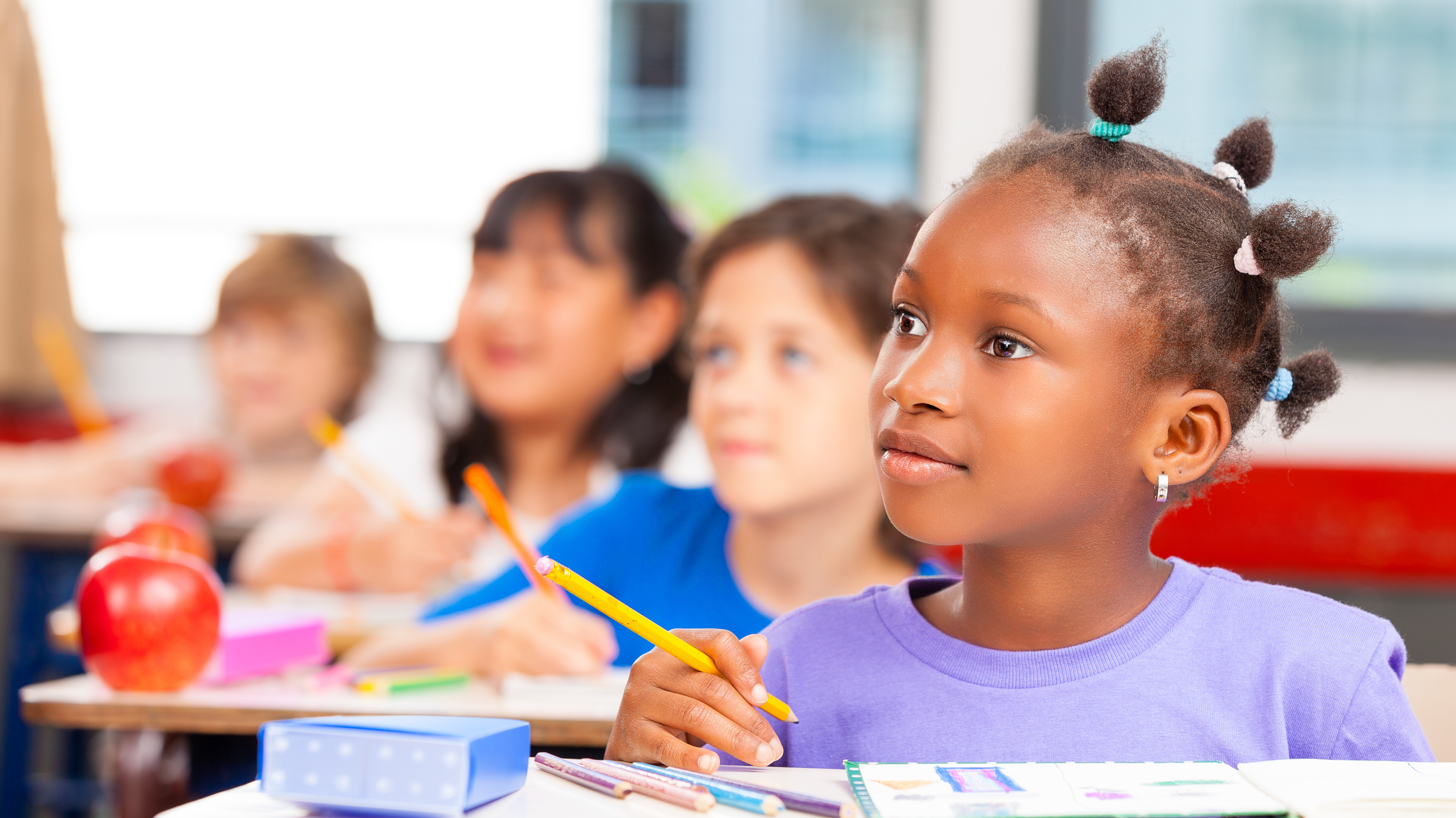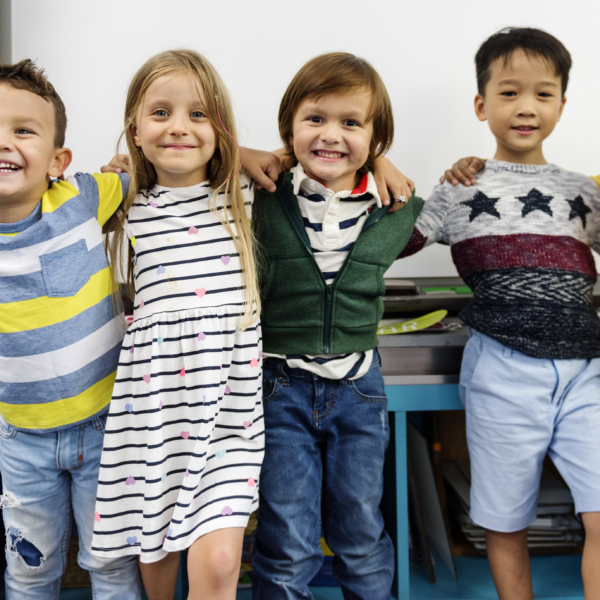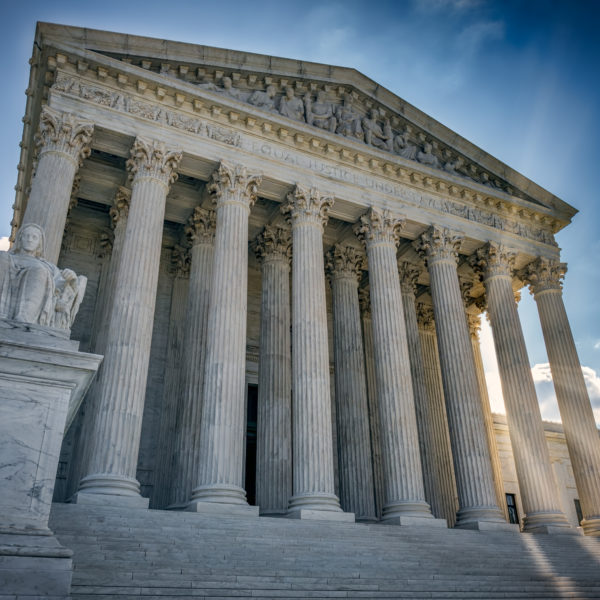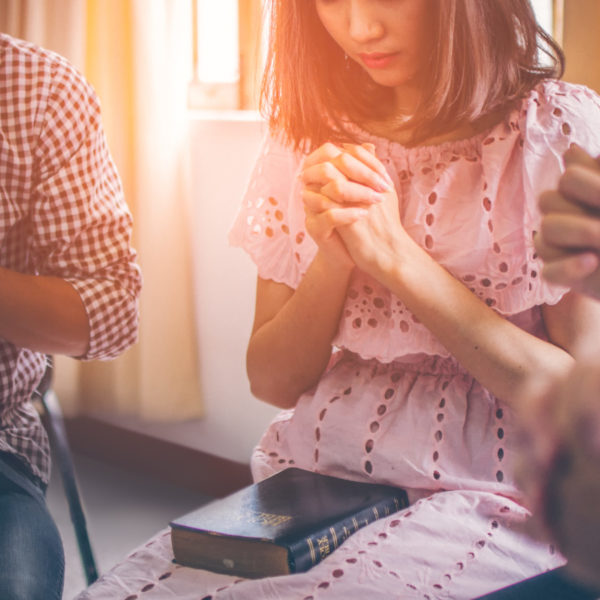Los Angeles — The Center for American Liberty (@Liberty_Ctr), in coordination with the Dhillon Law Group (@dhillonlaw) and Eimer Stahl LLP, added new plaintiffs and testimony from world-renowned experts demonstrating it’s safe to send students back to school as part of a newly-filed amended complaint and request for preliminary injunction against Governor Gavin Newsom and other California government officials, in the #OpenCASchools lawsuit.
Governor Newsom announced his plan to close public and private schools in 37 counties on July 17, impacting roughly 80% of California’s children. Since then, he has routinely said during his daily press conferences that his policies were driven by science, not politics, but his decisions continue to demonstrate that he has no regard for data, science, or expert opinion – much less consideration for the devastating harms this policy has had and will continue to have on our most vulnerable California children.
Leading medical experts agree that COVID-19 poses virtually zero risk of serious injury to school-age children.
“Younger, healthier people have virtually zero risk of death from [COVID-19]’…No child under age 18 in the state of California has died due to infection from the coronavirus since tracking began on February 1, 2020…unlike the seasonal flu, which kills approximately 200 children per year nationally,” said Dr. Scott Atlas , who serves as the Robert Wesson Senior Fellow at the Hoover Institution of Stanford University and former professor and Chief of Neuroradiology at Stanford University Medical Center from 1998 until 2012.
“Underscoring this low risk, renowned infections disease expert Dr. Anthony Fauci … has ‘suggest[ed] that it would be appropriate to re-open schools,’” said Dr. Lyons-Weiler , who currently serves as the CEO and Director of The Institute for Pure and Applied Knowledge and formerly served as the Senior Research Scientist at the University of Pittsburgh where he directed the University’s Bioinformatics Analysis Core.
Medical experts also agree that the risk of students transmitting COVID-19 to teachers or school administrators is negligible.
“…children are exceedingly unlikely to pass the virus on to adults,” according to Dr. Bhattacharya, who serves as a Professor of Medicine at Stanford University.
“Presently, there are ‘22 countries that have their schools open without social distancing, mask wearing, and other measures, yet these countries have not experienced an increase in COVID-19 cases or spread of the virus among children… Importantly, ‘these countries have not seen transmission of the virus between children and their parents or elderly grandparents,’” according to a declaration of Dr. Victory, a trauma and emergency physician with a specialty in disaster preparedness and response.
“The Center for Disease Control and Prevention, the World Health Organization, the American Academy of Pediatrics, and countless scientific studies from around the world not only support, but advocate for in-person education for students during the COVID-19 pandemic,” said Harmeet K. Dhillon, CEO of the Center for American Liberty. “The Governor should rely heavily on science, but as our motion for preliminary injunction shows through expert testimony provided by Dr. Scott Atlas, Dr. Jayanta Bhattacharya, and numerous other leading experts in the field, the science does not support closing schools.”
While the Governor’s decision to close school facilities and deny roughly 80% of school age children the right to a basic education lacks justification from the scientific community, what is especially egregious about his decree is it devastating impact on children—especially those most vulnerable.
Children with Individualized Education Programs for special needs, children learning English as a second language, children receiving free or reduced lunches, and many minority children are all disparately impacted by the Governor’s unscientific decree.
“Studies show that ‘Blacks and Latinos are substantially less likely to have a computer at home than are white, non-Latinos,’ with some estimates showing that ‘70.4 percent of whites have access to a home computer’ while “only 41.3 percent of blacks and 38.8 percent of Latinos have access to a home computer,” according to Dr. Robert W. Fairlie.
Experts also agree that closing schools will harm children.
“Schools play a critical role in supporting the whole child, not just their academic achievement,” including the “development of social and emotional skills,’” according to the CDC.
As the American Academy of Pediatrics explained, “lengthy time away from school and associated interruption of supportive services often results in isolation, making it difficult for schools to identify and address important learning deficits as well as child and adolescent physical or sexual abuse, substance use, depression, and suicidal ideation.”
The Public Health Agency of Sweden published a study on July 7, titled “Covid-19 in schoolchildren”. This study found:
- Closing of schools had no measurable effect on the number of cases of COVID-19 among children;
- Children are not a major risk group of the COVID-19 disease and seem to play a less important role from the transmission point of view, although more active surveillance and special studies such as school and household transmission studies are warranted; and
- The negative effects of closing schools must be weighed against the possible positive indirect effects it might have on the mitigation of the COVID-19 pandemic.
The evidence is overwhelming. Schools can and should open to start the fall semester for all students whose families choose to send them. Asserting violations of Equal Protection, Due Process, the Civil Rights Act of 1964, and various federal disability rights statutes, plaintiffs seek to enjoin Governor Newsom from enforcing his decree closing school facilities. As a result, Plaintiffs seek to #OpenCASchools and return educational decision-making back in the hands of parents and local school districts.
Submitted Expert Testimonials:
- Alison M. Keech, credentialed California teacher
- Anna Walker, special education teacher, diagnostician, and school administrator
- Charles J. Cicchetti, Managing Director at Berkeley Research Group, Inc.
- Dr. Colleen “Kelly” Victory M.D., trauma and emergency physician
- Colleen M. Cunningham, teacher of English Literature at Polytechnic High School
- Fr. Damien Giap, school chaplain at St. John the Baptist School in Costa Mesa.
- Geena Burgess, Seventh Grade English teacher
- James Lyons-Weiler, CEO and Director of The Institute for Pure and Applied Knowledge
- James M. Reardon, President of the Capistrano Unified School District
- Dr. Jayanta Bhattacharya, Professor of Medicine at Stanford University
- Dr. Jeff Barke M.D., primary care physician
- Dr. Kelly Sutton, physician practicing in Sacramento County
- Mari Barke, elected member of the Orange County Board of Education
- Dr. Mark McDonald, clinical psychiatrist
- Michelle Gerst, substitute teacher for grades K-12
- Rachelle Taylor Golden, attorney licensed to practice law in the State of California and all Districts Courts within California
- Richard Addison, Ph.D., educational psychologist
- Dr. Robert C. Hamilton M.D., pediatric physician
- Dr. Scott Atlas M.D., Robert Wesson Senior Fellow at the Hoover Institution of Stanford University and former professor and Chief of Neuroradiology at Stanford University Medical Center from 1998 until 2012.
- Sean G. Kaufman, certified public health professional (CPH), behaviorist, health education and infectious disease specialist.
Plaintiffs:
Matthew Brach, Rancho Palos Verdes, Calif.: elected member of the Board of Education for the Palos Verdes Peninsula Unified School District and a parent to a 16-year-old son and 13-year-old daughter.
Adebukola Onibokum, Santa Clara, Calif.: is a neurosurgeon by profession with two young children and believes that the quality and depth of online learning is of lesser degree and not comparable to an in-person education. His children attend private, parochial school and the school has applied for a waiver from the Governor’s order so that the school can provide in-person learning.
Brian Hawkins, San Jacinto, Calif.: is an African-American full-time pastor and has two children. His son has ADHD and cannot learn via an online format. His son has also been deprived of his special aide who normally helps him (in-person) throughout the entire school day. His daughter, usually a talkative and very social young girl, reports that she is “angry” at missed learning opportunities such as “learning to write cursive.” As a pastor, Plaintiff Hawkins has counseled many individuals who have been depressed and suicidal as a result of COVID-19.
Jesse Petrilla, Mission Viejo, Calif.: parent to a child in first grade that noticed a significant decline in his son’s discipline and engagement as a result of distance learning.
Lacee Beauliue, La Jolla, Calif.: parent to a daughter entering ninth grade and a son entering fifth grade. Beauliue’s son’s doctor recommended no more than two hours of daily screen time and her daughter was unable to perform science experiments due to a lack of labs. Beauliue has observed negative mental health effects in both of her children as a result of distance learning.
Erica Sephton, Murrieta, Calif.: doesn’t understand why her kindergarten aged daughter can spend all day in a childcare facility, but not in school.
Kenneth Fleming, Long Beach, Calif.: parent to a high school senior that is a student athlete that maintained straight A’s and was aiming to earn a athletic scholarship to her dream school, but feels that is in jeopardy with distance education.
John Ziegler, Camarillo, Calif.: parent to an 8-year-old daughter who suffered in her educational development once switched to distance learning to the point where his wife had to quit her job to assist their daughter.
Alison Walsh, San Juan Capistrano, Calif.: Her children’s school did not offer her children any live instruction, teachers merely sent work packets to the students to complete independently. Walsh enrolled her children in private school but now with the Governor’s guidance,the private school is prohibited from providing in-person education.
Roger Hackett, Westlake Village, Calif.: His son’s school made significant preparations in accordance to the CDC’s guidelines, but is now being prevented from doing in-person education to detriment to his son’s education.
Christine Ruiz, Santa Clarita, Calif.: Has two children with autism that require significant special needs assistance that is no longer available.
Marianne Bema, Los Angeles, Calif.: Originally from Cameroon, Africa and is a single mother of three sons. Bema does not have a reliable internet connection, encounters a language barrier when trying to assist her children, and observes her sons have a difficult time paying attention to online only education.
Ashley Ramirez, Escondido, Calif.: Ramirez and one of her sons have both tested positive for COVID-19 and successfully recovered. Her children participate in the free or reduced lunch program at school, which greatly helps their family’s financial situation. Her oldest son has an IEP and he basically “shut down” and cannot effectively participate in an online-only education.
Tiffany Mitrowke, San Diego, Calif.: is the single mother of a 7-year-old boy who attends public school. She hears her son crying in the shower because he cannot go to school and feels isolated. When her son’s school went online, the teachers provided no meaningful instruction and merely sent homework packets to the students.
###




